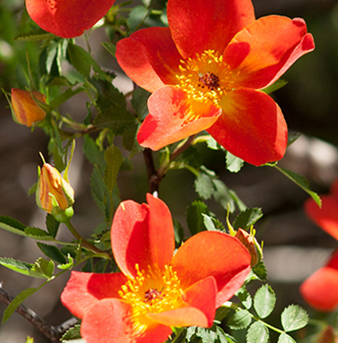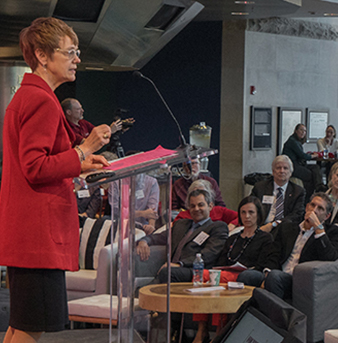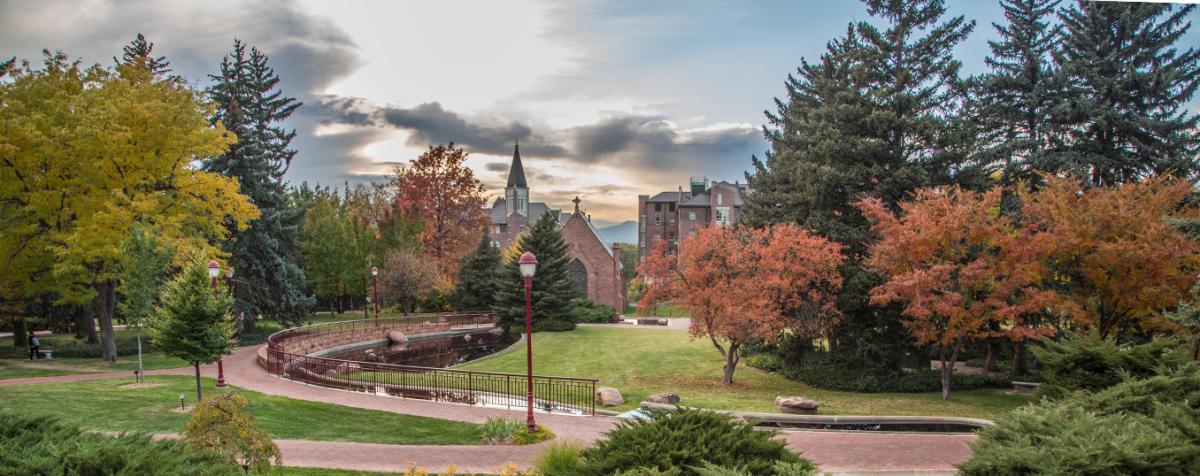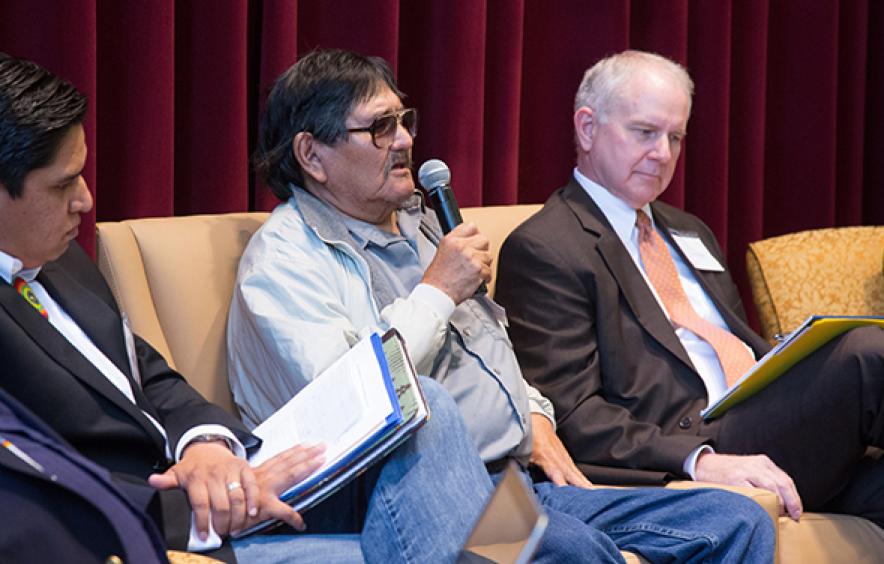History & Traditions
A Pioneer legacy
Both DU and Denver rose out of the Colorado frontier and have developed in tandem ever since. We were founded in 1864 as the Colorado Seminary, only six years after the founding of Denver City in what was then the Colorado Territory. As Denver grew from a gold rush boom town with a population of around 3,000 into one of the largest and most cosmopolitan cities of the interior West, we too evolved from our roots as a Methodist seminary into a global intellectual center in a city on the rise. Our first female and African American graduates earned their degrees in 1886 and 1900, respectively.
We established one of the first business schools in the country, as well as the first school of social work between the Mississippi and the West Coast. Football teams from the NFL and the AFL played each other for the first time on our campus. During the 1960s, Martin Luther King Jr. visited and we became a center of protest for the region.
As we entered the 21st century, we modernized our campus and renewed our commitment to academic excellence and inclusion. Our students and faculty continue to drive our development, and we look forward to the next 150 years as we enhance our status as one of our city's defining institutions and an internationally known, student-centered research university.
DU Traditions

The DU Rose
The DU Rose is a special variety known as "Rosa Denvera." After the University received a rose bush as a gift in 1912, botanist Ira Cutler discovered the blossoms were unlike any others. He then used the original specimens to develop a distinct variety still used for functions on campus.

Founders Celebration
The Founders Celebration is one of DU's most treasured traditions, dating back to our earliest days. We take part in lectures, forums and gatherings throughout our community as we honor the commitment and vision of those who have and continue to have the greatest impact on our University.



















